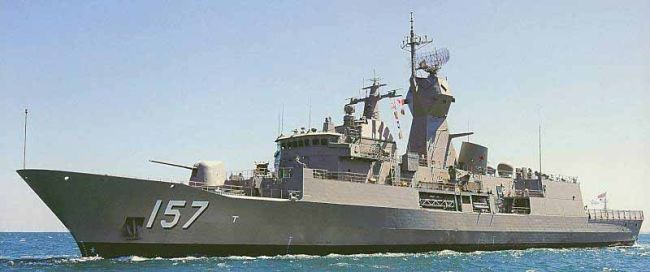WASHINGTON, Oct. 29, 2010 — While U.S. Joint Forces Command’s future is uncertain, its mission is clear, the organization’s new commander said today.
Defense Secretary Robert M. Gates has recommended disestablishing Joint Forces Command as part of a greater Department of Defense efficiencies effort, Army Gen. Raymond T. Odierno noted upon assuming the command’s reins, but the end state of the command’s transformative process remains to be determined.
“We will work with the department to identify and retain the key functions that Joint Forces Command provides for the warfighter, eliminate redundancies, and right-size key functions that may be transferred to other organizations,” Odierno said upon assuming command. “As we do this, a top priority will be to take care of the great Americans that make up this organization, and to be transparent to the local community. This is no easy task, and this responsibility I will not take lightly.”
Throughout the transformation, he added, Joint Forces Command still has a job to do: “That is to keep our forces armed and ready, and to ruin our enemies’ day.”
Navy Adm. Mike Mullen, chairman of the Joint Chiefs of Staff, presided over the Suffolk, Va., ceremony transferring command to Odierno from Army Lt. Gen. Keith M. Huber, who has served as acting commander since Marine Corps Gen. James N. Mattis left Joint Forces Command in August to lead U.S. Central Command.
Odierno thanked the command’s work force for its dedication and Huber for his performance as acting commander.
“Your ability to step right in, [with] the command not losing a beat, says a lot about your leadership and your care for success,” he said.
Huber also praised Joint Forces Command’s employees for their “patience and persistence in your duty performance as we set the conditions for the welcome arrival and transition of General Odierno.”
“This is a day of recognition to the men and women of Joint Forces Command, in and out of uniform, who during this time of uncertainty continued to provide critical support to the joint warfighter, as they focus on winning today’s battles and preparing for the future,” he said.
Before assuming leadership of Joint Forces Command, Odierno served as commander of U.S. Forces Iraq from September 2008 until last month. Before that, he was commanding general of the Army’s 3rd Corps. During that assignment, he served a 15-month deployment as commanding general of Multinational Corps Iraq.
Odierno graduated from the U.S. Military Academy at West Point, N.Y., in 1976. He holds a master of science degree in nuclear effects engineering from North Carolina State University and a master of arts degree in national security and strategy from the Naval War College. He also is a graduate of the U.S. Army War College.
Source:
U.S. Department of Defense
Office of the Assistant Secretary of Defense (Public Affairs)

 von
von 